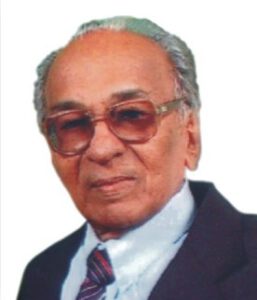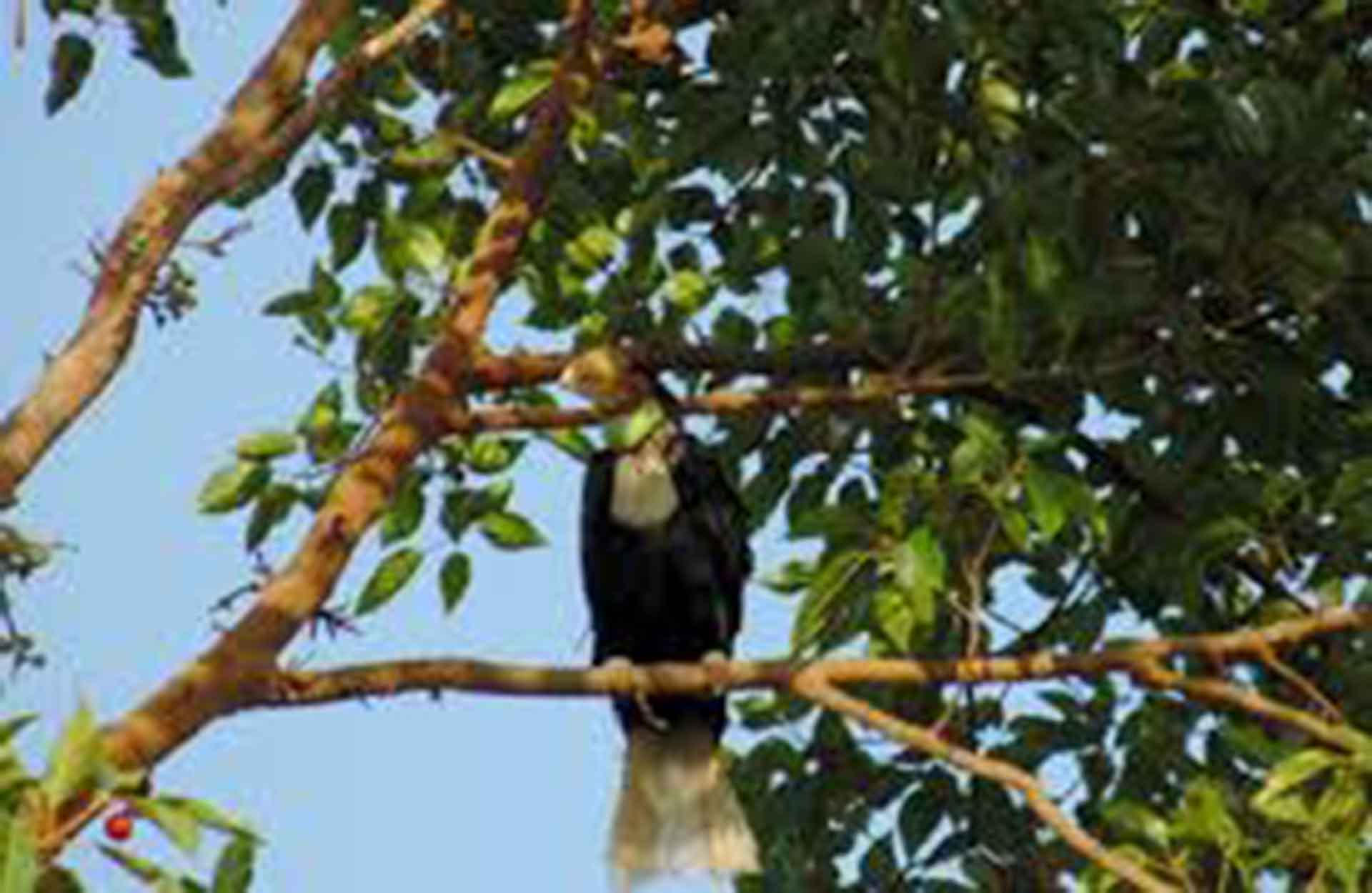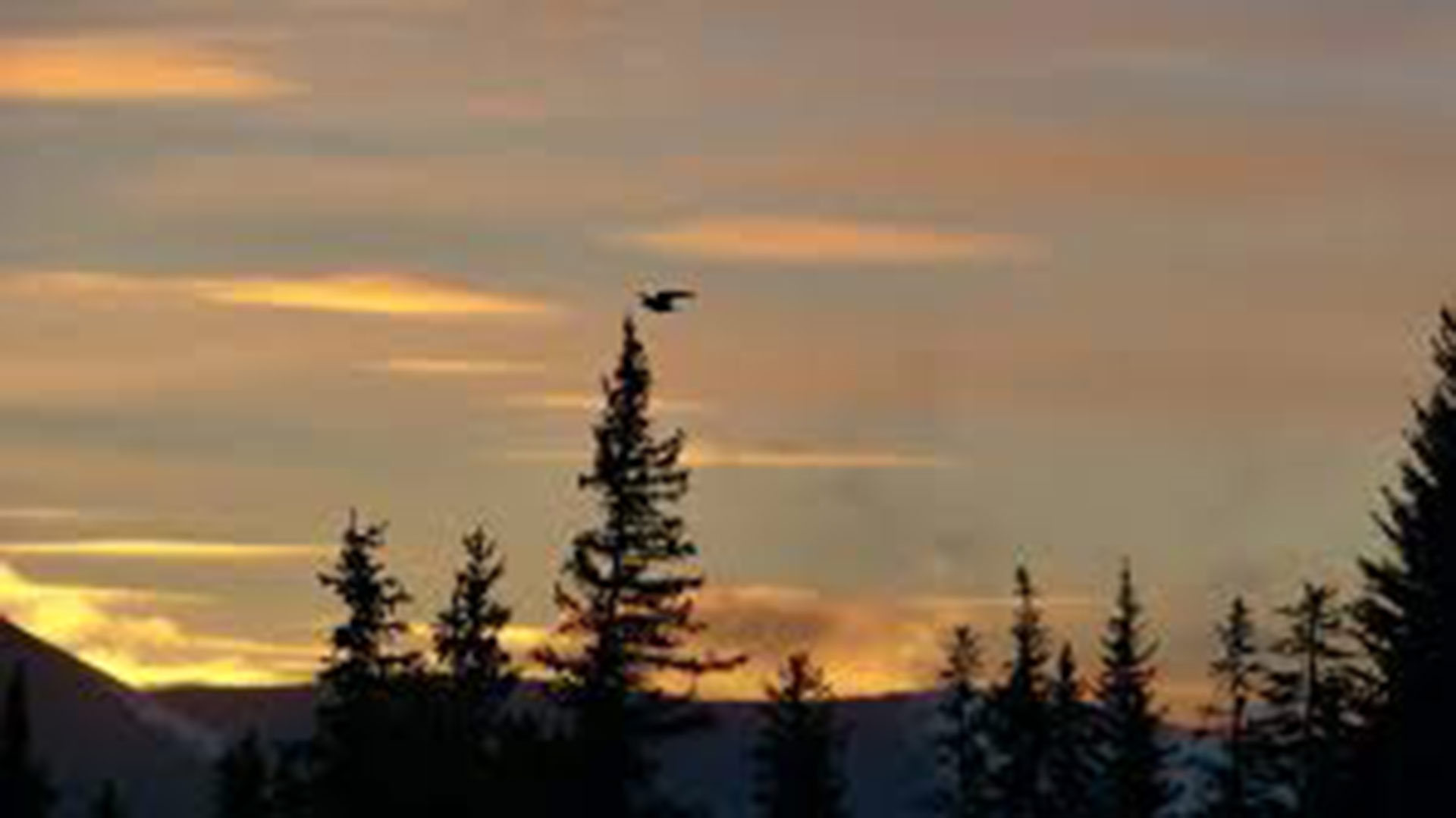Papa - 1
Fernando do Carmo Heitor de Noronha, filho primogénito de Tomaz Nuno Francisco Carmo de Noronha, de Neurá-o-Grande, e Leonor Zoraide do Rosário e Sousa, de Aldonã, nasceu em casa dos avós maternos. Casado com Judite Teresa da Veiga, de Curtorim, tinha o Curso Complementar dos Liceus (de Letras e de Ciências).

Funcionário público (do Quadro da Administração Civil e, mais tarde, do da Polícia Judiciária), depois de aposentado, nos anos 70, esteve ligado a O Heraldo, o último diário da língua portuguesa em Goa, fundando depois, com outros, em 1983, o semanário A Voz de Goa, que veio a ser o último periódico expresso no idioma luso. Dedicado à língua portuguesa, entre os anos 1985-88, foi professor-convidado de Português no Xavier Centre of Historical Research (Miramar/Porvorim) e no Dhempe College of Arts & Science, Miramar.
Em 2002, publicou o seu primeiro livro, Momentos do meu Passado, sob a chancela da casa editora Third Millennium, fundada pela família e de que era parceiro, sendo talvez a única casa a publicar livros em português nesta parte do mundo. Um segundo volume de memórias – Goa tal como a conheci – será lançado dentro de meses. E ainda tem vários inéditos.
Era pai/sogro de Óscar/Isabel, Ilídio/Imelda, Ivo/Tânia, Sávio/Olívia e Orlando/Tina, e avô de quinze netos (7 rapazes e 8 raparigas).
(Apontamentos prestados à Revista Ecos do Oriente, de Loures, Portugal, cujo director, Mário Cirilo Viegas, publicou, com acrescentamentos que não estão integrados no presente texto, sob o título de ‘Fernando de Noronha: Um Indo-Português de Caráter’, na edição de Jul-Set de 2011 (Ano VI, N.º 23), com capa e editorial dedicados a meu Pai)
The Monk and the Bird
Once upon a time there lived in a monastery a very pious and diligent monk called Urban. One day he was entrusted the keys to the library, which he began to look after like a treasure. There he read many, many books, and wrote a few fine ones himself. One of the books that he avidly read was the Holy Bible. In it he found these words of St Peter: “Before God one thousand years are but one day and one night of vigil.” To the young monk this seemed impossible, something that he could not understand. From then on he was tormented by terrible doubts.
One morning, as he was leaving the library for the convent garden, he noticed a little, colourful bird searching for something to eat. No sooner had he tried to approach and grab the bird than it flew to a nearby tree and burst into a melodious song. It was not shy and even allowed the monk to come very close to it; but then it would fly from tree to tree. For some time the monk kept close track of the bird: its song grew clearer and sweeter every time but it would never come within grasp.
That made the monk to leave the garden and follow the charming bird into the forest; but at a certain moment he gave up the chase and decided to return to the monastery. What a surprise awaited him! The monastery now seemed completely different: Everything had grown in size and beauty – for instance, the main building, the garden, and in place of the chapel there was a large and majestic cathedral of three towers. Everything was so odd that he took it for witchcraft.
He walked up to the main gate and pulled the doorbell cord. The monk-in-attendance, unknown to him, was troubled on seeing him. The monk entered the convent and crossed the cemetery where he recognized not a single tombstone. Arriving at the cloister he spotted a group of monks and walked towards them. On seeing him they drew back frightened, with the exception of the abbot who, strangely, was not his abbot but someone younger. Holding a cross the abbot cried, “In Christ’s name, oh ghost, say who you are! And what do you seek, you who have come from the world of the dead?”
The monk was now trembling from head to toe. Looking downwards, he noticed that his beard had grown long and the library keys still hung down his waist.
To the other monks it seemed that something miraculous was happening. Very respectfully, they put him on the abbot’s seat while one of them went to the library to fetch the monastery chronicles, from which he read out to all. It was recorded that three hundred years earlier a monk called Urban had disappeared without a trace; nobody could say for sure if he had run away or some disaster had come his way.
“Oh wild bird, was this your song?” said the old monk. “I chased you only for three minutes and listened to your song – and three centuries passed by! Now I understand, and I adore Thee, Oh God, while I turn to dust!”
On uttering these words, he bowed his head, his body turning into a pile of ash!
(Translated from the Portuguese, as a tribute to my father, Fernando de Noronha (1920-2011), who told me this story when I was between six and seven years of age)
(First published in News & Views, newsletter of the Regina Angelorum Cultural Association, Miramar, 1992, and revised for publication in The Stella Maris Bulletin, Vol. 5, No. 1, July 2011)
Time for God
Cosmic space and time can be baffling. Remember the legend of the monk who, after wandering in what he thought was the close vicinity of his monastery, returned to it only after a few hundred years?
The story illustrates that we are no masters of our time, no pilots of our future; it also invites us to reflect on how we should be using our time and talents for our material and spiritual well-being. Finally, the story inspires deep gratitude to our Creator for all the time that He has made available to us.
It is often a question of priorities. If we come to realize that God holds the key to our destiny, we will have no difficulty in resetting our priorities; in fact, we will be naturally inclined to give God the space and the time that is due to Him.
Let us consider our holidays, and how we have spent them: Weren’t they dotted with ‘camps’ teaching us music, dance, painting, and so on, for personality development? But did we also realize that May was a month dedicated to Mary Our Mother? Some of us must have indeed spared some time to appreciate the Message of Fatima…! While we revelled in picnics and excursions to far-off places, was a pilgrimage to a holy place also part of our itinerary?
So much for our holidays…. Now about our careers and how we get there! We concentrate – and rightly so – on what we wish to achieve; but any idea what we may stand to lose too? If we get there by hook or crook, we stand to lose our morals; if we are so intensely absorbed by our careers that we find little time for prayer, we stand to lose the very purpose of our lives….
‘What does it profit a man if he gains the whole word and loses his soul?’ was a turning point in the life of St Francis Xavier. Without suggesting that we head for the nearby forest to spend the rest of our lives there, it is strongly recommended that we ensure a healthy balance in life. Let us not run away from the world; yes, by all means let us be in the world but let us not be of the world!
Let us fine-tune our lives while it is time. The great balancing act can be achieved only with divine help. We have the sacraments; let’s use them to be one with God, imbued with His spirit. Continually seeking God provides the ultimate meaning to our lives.
(Editorial, The Stella Maris Bulletin, Vol. 5, No. 1, July 2011)

